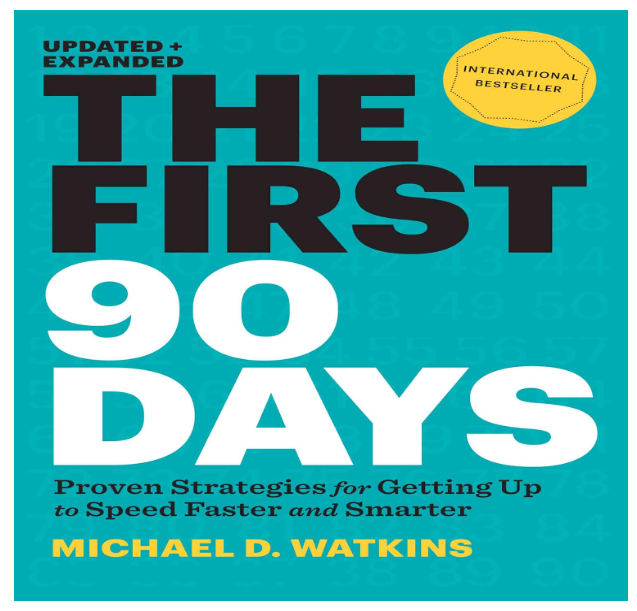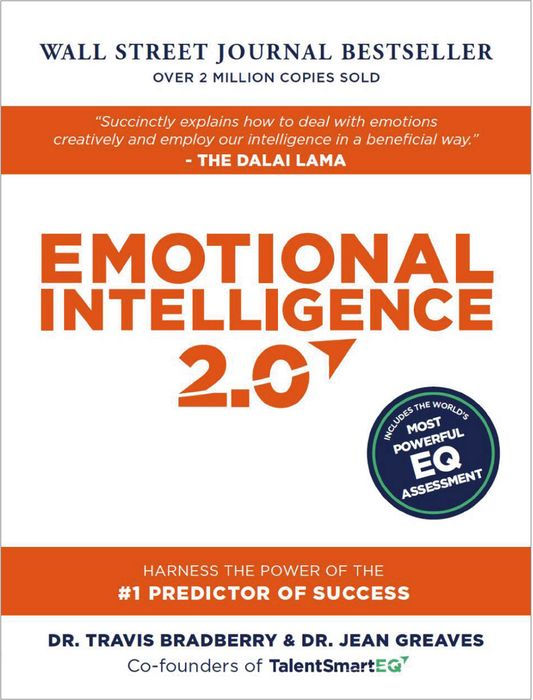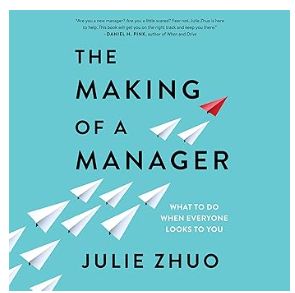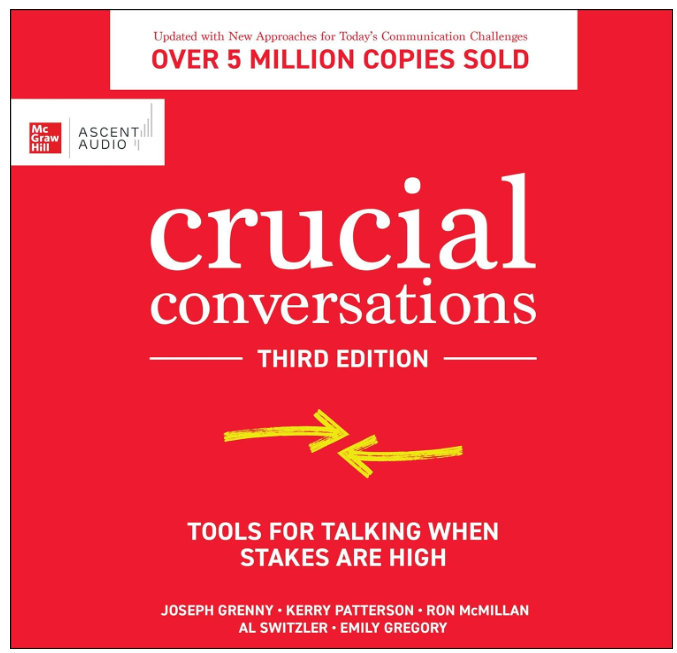Stepping into a management role for the first time is both exhilarating and daunting. You’re no longer just responsible for your work; now, you’re guiding others, making decisions that impact the entire team, and setting the tone for your workplace culture. The learning curve can be steep, and that’s where the right books can make all the difference.
In 2024, leadership books are more relevant than ever, offering insights into managing people, navigating challenges, and growing as a leader. If you’re a new manager, or even if you’ve been leading for a while but want to sharpen your skills, this list is for you.
1. The New One Minute Manager by Ken Blanchard and Spencer Johnson

Why start with this book? It’s a classic, and for good reason. “The New One Minute Manager” is a quick read, but don’t let its brevity fool you. It’s packed with wisdom that’s easy to understand and implement. The book teaches you how to set clear goals, provide immediate feedback, and recognize achievements in just a minute. It’s the perfect starting point for new managers who need practical tools to begin their leadership journey.
2. Leaders Eat Last by Simon Sinek

In “Leaders Eat Last,” Simon Sinek explores what makes some teams more effective than others. He emphasizes the importance of creating a safe and trusting environment where team members feel valued and motivated. This book is a must-read for managers who want to build strong, cohesive teams that pull together in challenging times. Sinek’s ideas will help you understand why leadership is about serving others, not just achieving goals.
3. The First 90 Days by Michael D. Watkins

Your first three months as a manager are crucial. “The First 90 Days” provides a roadmap for navigating this critical period. Watkins offers strategies for getting up to speed quickly, building relationships, and securing early wins. This book is essential for new managers who want to make a strong impression and avoid common pitfalls. It’s about setting the right foundation for long-term success.
4. Radical Candor by Kim Scott

Providing feedback is one of the most challenging aspects of being a manager, especially when it comes to delivering criticism. In “Radical Candor,” Kim Scott shares her approach to giving feedback that is both direct and caring. Scott’s advice is invaluable for new managers who want to build open, honest relationships with their teams. Her concept of “caring personally while challenging directly” will change how you communicate with your team.
5. Drive by Daniel H. Pink

What motivates people? “Drive” by Daniel H. Pink delves into the science of motivation and how traditional rewards aren’t always effective. Pink argues that autonomy, mastery, and purpose are the real drivers of performance. As a new manager, understanding what truly motivates your team can help you inspire and engage them more effectively. This book offers a fresh perspective on leadership and team management that will challenge conventional thinking.
6. The Coaching Habit by Michael Bungay Stanier

Every manager needs to be a coach, helping their team members grow and develop. “The Coaching Habit” by Michael Bungay Stanier teaches you how to ask the right questions to unlock your team’s potential. The book provides seven essential questions that will change the way you lead. It’s a practical guide for managers who want to shift from giving orders to fostering a culture of continuous improvement.
7. High Output Management by Andrew S. Grove

Written by the former CEO of Intel, “High Output Management” is a hands-on manual for running a team or organization effectively. Grove covers everything from managing individual contributors to scaling processes as your team grows. This book is particularly valuable for new managers in tech or fast-paced industries, but its lessons apply to any field. It’s about maximizing productivity and getting the best out of your team.
8. Emotional Intelligence 2.0 by Travis Bradberry and Jean Greaves

Leadership isn’t just about strategy; it’s also about understanding and managing emotions—both yours and your team’s. “Emotional Intelligence 2.0” is a practical guide to developing your emotional intelligence, or EQ. The book provides strategies for improving your self-awareness, self-management, social awareness, and relationship management. For new managers, building a high EQ is crucial for navigating the interpersonal aspects of leadership.
9. The Making of a Manager by Julie Zhuo

What does it really mean to be a manager? Julie Zhuo’s “The Making of a Manager” is a candid and practical guide based on her experiences at Facebook. Zhuo covers everything from managing meetings to giving feedback to handling your first big project. Her advice is down-to-earth and relatable, making it an ideal read for new managers who want to learn the ropes from someone who’s been in their shoes. It’s about growing into your role and learning as you go.
10. Crucial Conversations by Kerry Patterson, Joseph Grenny, Ron McMillan, and Al Switzler

Every manager will face difficult conversations, whether it’s giving tough feedback, discussing performance issues, or resolving conflicts. “Crucial Conversations” provides tools and techniques for handling these high-stakes discussions effectively. The book teaches you how to stay calm under pressure, speak persuasively, and foster dialogue even when emotions run high. For new managers, mastering crucial conversations is key to maintaining a healthy, productive team dynamic.
Conclusion
Being a new manager is an exciting challenge, but it can also be overwhelming. The right books can provide guidance, inspiration, and practical tools to help you succeed. Each of these leadership books offers something unique, whether it’s strategies for motivating your team, tips for giving effective feedback, or advice on managing your own emotions.
As you step into your new role, consider picking up one or more of these books to support your journey. They’re not just for reading—they’re for applying to your day-to-day work as a leader. Which of these leadership books will you read first, and how do you think it will impact your management style?




